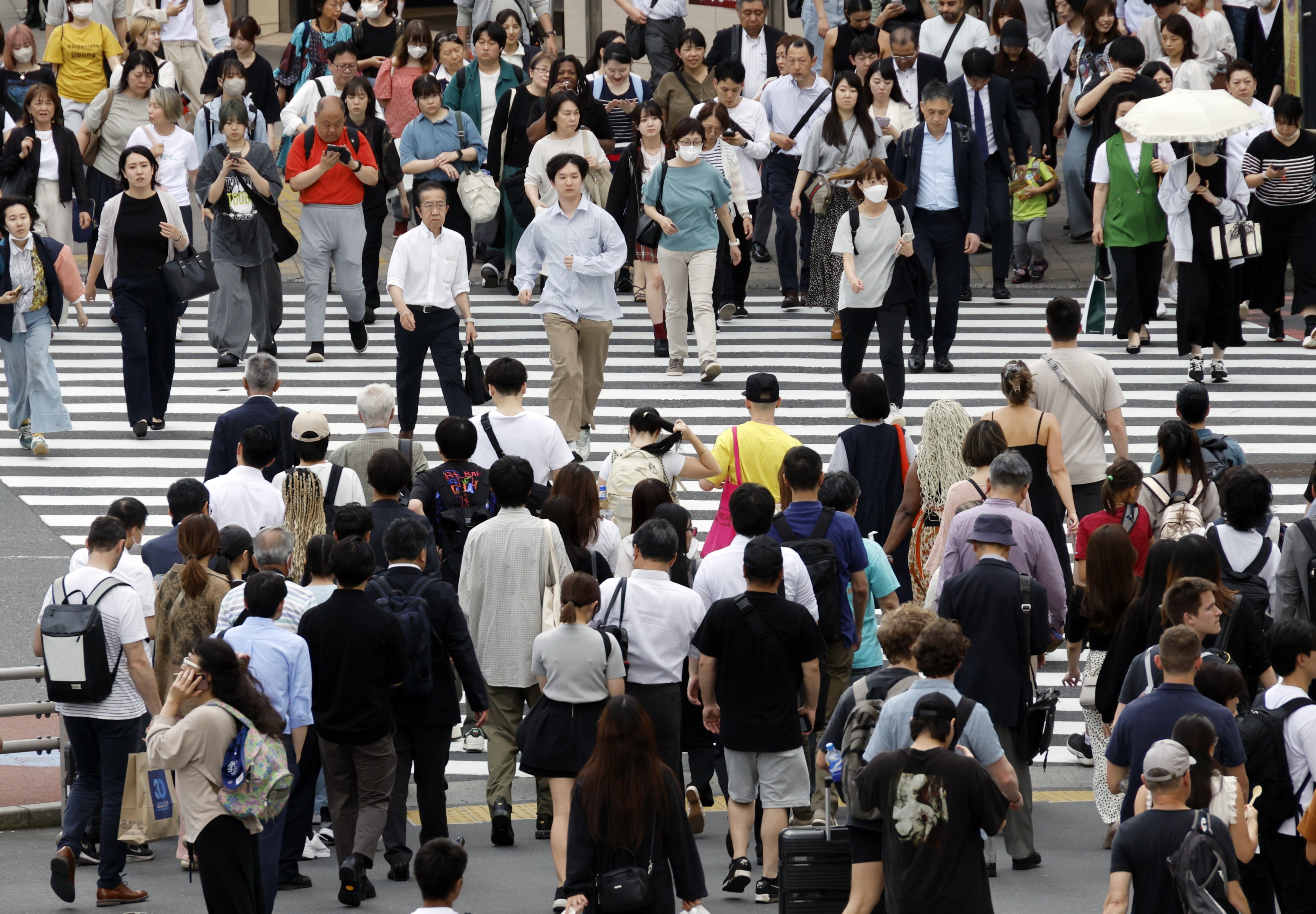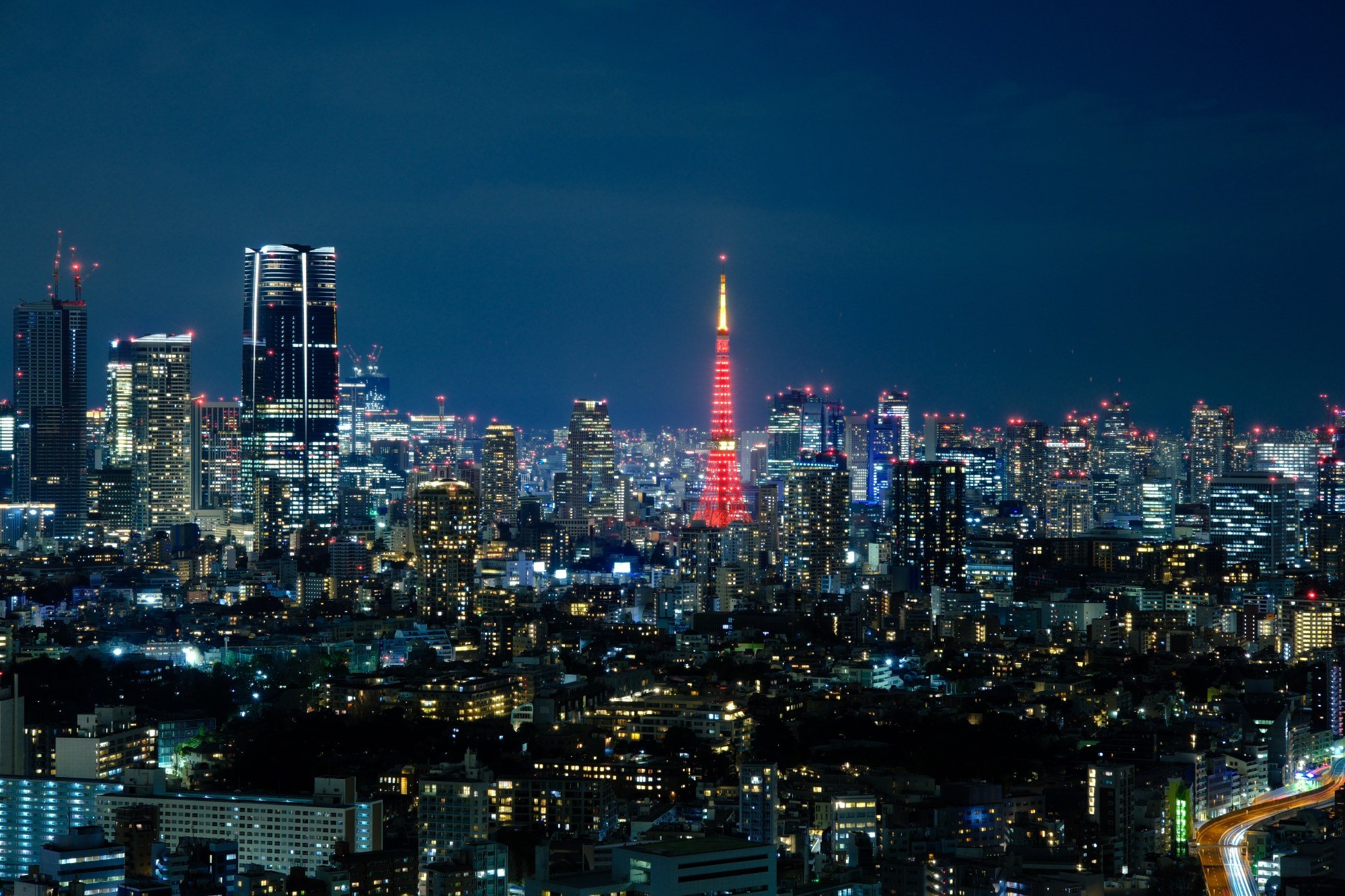Japan weighs tightening rules on visa popular among Chinese nationals
Tokyo mulls raising investment threshold for business manager permits amid concerns it is an ‘easy route’ to permanent residency

Japan is considering increasing the minimum investment threshold for its business manager visa in a bid to make it harder for foreigners to obtain residence status and launch commercial operations in the country, as the scheme becomes increasingly popular with Chinese nationals.
The visa, which offers relatively accessible entry for foreign entrepreneurs, permits stays of up to five years for those who either invest 5 million yen (US$34,711) or hire two full-time employees while maintaining an office in Japan.
Visa holders can also bring family members, a feature that has gained traction, particularly among Chinese nationals. There are no restrictions on age, education, or language proficiency.
In recent years, the number of Chinese nationals who have secured the visa has more than doubled from about 10,000 in 2015 to 20,551 as of June 2024, The Japan News reported, citing the Immigration Services Agency.
Chinese nationals account for more than half of all business manager visa holders living in Japan.
Haruko Arimura, a lawmaker from the ruling Liberal Democratic Party, said the visa had become an “easy route to obtain permanent residency”.
She argued the permit could affect public safety and the business environment in Japan.
The practice is widely prevalent in Osaka prefecture, where companies operating private lodging services appear to have been established primarily to qualify for the visa, with their owners subsequently relocating to the country.
Japan recently boosted the oversight of the business manager visa, asking applicants to show proof of profitability or viability through funding within two years of arriving, Bloomberg reported.
Japan’s education and social security systems have also reportedly made its long-term residency more attractive for some affluent Chinese nationals.
The current 5 million yen capital requirement is well below standards in peer countries, and a higher threshold may prevent those who appear more interested in residency than business development.
In South Korea, a similar visa requires a capital of 300 million won (US$219,326).

The Immigration Services Agency is expected to begin discussions within this financial year to amend visa regulations, aiming to preserve the programme’s integrity for highly skilled professionals.
The move comes as Japanese authorities implement stricter immigration controls across multiple policy areas. Tokyo plans to introduce a digital system to better manage travellers’ data in a draft proposal set to be released this month, the Sankei Shimbun reported.
The recommendations also call for “zero illegal overstayers” through enhanced enforcement and deportation efforts. Visa and immigration fees will be reviewed and aligned with international standards.
Foreign labour initiatives like the technical intern training programme and the specified skilled worker system will be overhauled to include specific applicable sectors and intake targets.
Japan’s foreign population hit a third consecutive record high last year, reaching about 3.8 million, a 10 per cent increase from 2023, official data showed.
Chinese nationals constituted the largest group of foreign residents in Japan at more than 870,000 people, followed by Vietnam at 634,361 and South Korea at 409,238.